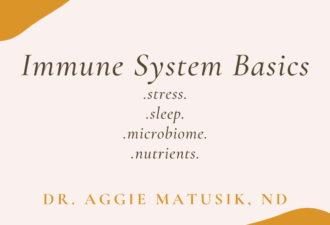As we continue to navigate the changes that have occurred in our lives over the last few weeks, it is important to check in and make sure you are supporting your mental health.
It is difficult to comprehend the stress that is felt by frontline and essential workers. Many people have lost their jobs and fear losing their homes. Everyone is worried about our elders and those at risk. We are all doing the best we can to deal with the uncertainty of this time.
It is important to stay kind to yourself. It is absolutely normal to feel anxious and overwhelmed in this situation. Many people are feeling a range of emotions and the intensity can range and change day to day and even sometimes hour to hour.
Tips for staying calm and grounded:
- Feel empowered in the things you can control at the moment – you can help prevent illness by staying home if you are a non-essential worker and washing your hands often
- Keep a “loose” routine – if you are staying up late see my tips for a better sleep below, if you are waking late – set your alarm to wake earlier
- Get some activity during the day, whether it is exercising outside or inside – many places are offering free online exercise during this time , some examples are yoga, fitness or a mix of classes.
- Focus on nutrition – forget the toilet paper – stock up on veggies and fruit! Focus on foods that are high in Vitamin C, B vitamins, magnesium and zinc as these support your adrenal health (think a giant green salad with pumpkin seeds, sunflower seeds, red peppers, olives, black beans and cubed apples as well as some extra protein).
When worry affects sleep:
- You can try taking magnesium before bed to help your body relax, best form for this purpose is magnesium glycinate.
- Support adrenals with calming herbs and nutrients in the early afternoon, combinations of ashwaghandha, holy basil, relora, phosphatidylserine, magnesium, l-theanine, lavender can all help to calm the nervous system.
- Short term use of sleep inducing herbs like valerian or using melatonin may be appropriate for some people.
- Have a cup of calming tea, there are various combinations including Calm or Sleep tea available at most supermarket, pharmacies or online.
- Listen to a meditation before bed to help your mind relax. Try a 2 week trial of the well known Headspace app.
Additional help:
If you need more support, including resources for online counselling and support for families and individuals, check out the additional mental health programs and resources posted on:
Remember to reach out and connect if you have any questions. I am offering virtual telemedicine visits during this time.








